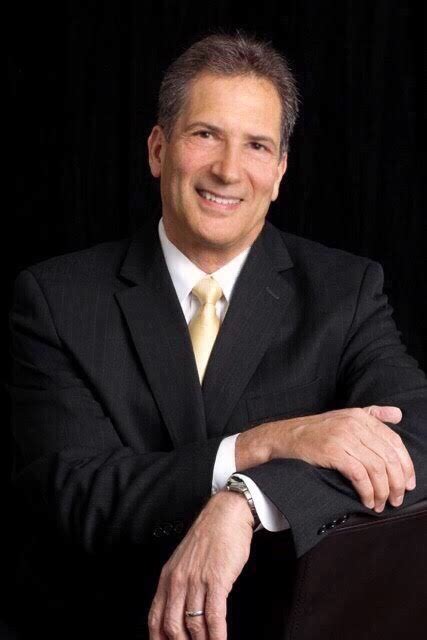A Quote by Nathaniel Branden
What is guilt? It is moral self-reproach-I did wrong when it was possible to have done otherwise.
Related Quotes
Make friends with guilt. Guilt is a beautiful emotion that alerts us when something is wrong so that we may achieve peace with our conscience. Without conscience there would be no morality. So we can greet guilt cordially and with acceptance, just as we do all other emotions. After we respond to guilt, it has done its job and we can release it.
Since our awareness of others is considered our duty, the price we pay when things go wrong is guilt and self-hatred. And things always go wrong. We respond with apologies; we continue to apologize long after the event is forgotten - and even if it had no causal relation to anything we did to begin with.
Segregation, as even the segregationists know in their hearts, is morally wrong and sinful. If it weren't, the white South would not be haunted as it is by a deep sense of guilt for what it has done to the Negro - guilt for patronizing him, degrading him, brutalizing him, depersonalizing him, thingifying him; guilt for lying to itself. This is the source of the schizophrenia that the South will suffer until it goes through its crisis of conscience.
One of the reasons I love prayer is that it is an antidote to guilt and blame. If we are unhappy with the way we have acted or been treated, instead of stewing in self-recrimination on the one hand, or harboring ill will toward someone else on the other, prayer gives us a way out of the circle of guilt and blame. We bring our painful feelings into the open and say, "I have done wrong," or "I have been wronged." And then we ask for a vaster view--one that contains within it all the forgiveness we need in order to move forward.
When we hold onto the negative in ourselves it comes with endless guilt. We hold onto a lifetime of floating visions and regrets about what we should have done or should have become. Conscience recognizes wrong and tries to atone. But guilt turns into resentment. Conscience brings us closer to each other; guilt drives us apart. Create a new feeling. Every time guilt settles in your stomach, write "I forgive" on a piece of paper. Send it up the chimney, tear it up and flush it, put it in the garbage. Don't eat it.





































